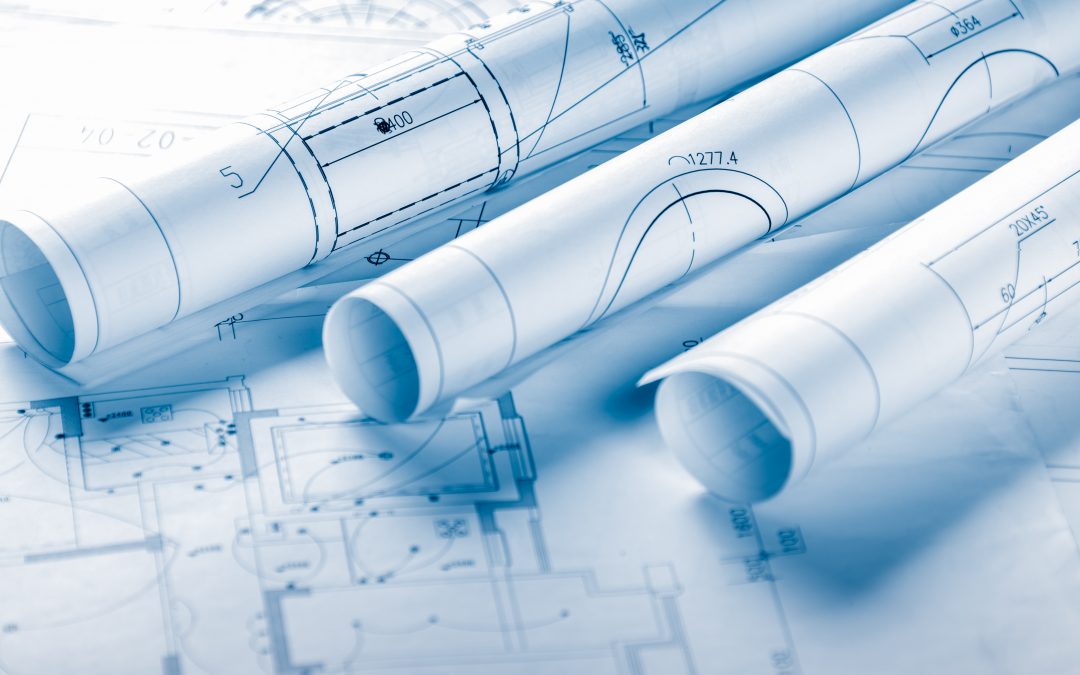The building and construction sector plays an essential role in today’s economy. It is responsible for the construction of many homes, businesses, and other buildings in society. Home building companies Sydney have had consistent growth over the past few years as a direct result of expanding population, which has resulted in an increased demand for new housing as well as additional commercial space.
The limits imposed as a result of the pandemic have accelerated the process by which the home building services have begun to integrate innovations such as real-time technology. Not only does this provide consumers with an experience that is more realistic and immersive, but it also increases transparency.
The innovative work done by custom home builders will determine the course of the industry in the years to come. Home building companies Sydney should be aware of how to influence innovation within the home building industry to encourage novel building practices that are better for the environment, higher in quality, and more cost–effective.
Home Building Companies Sydney: A Glance into the Future
1. Behavioral Changes Among Consumers
There is a growing demand among customers for environmentally friendly homes, with sustainability ranking as one of the top six criteria for homebuyers. Even if it is a priority, the cost is still a material concern for consumers, as you would expect, given that green homes come at a cost. One in ten buyers indicated they would not pay more for a sustainable home because green homes come at a cost.
As a direct consequence of this, home building companies Sydney should anticipate introducing policies and laws that encourage consumers to modify their purchasing behaviours in a way that does not require them to increase their spending to meet their sustainability goals. Stamp duty rebates were employed as an economic boost for property owners during the COVID-19 crisis; therefore, it is conceivable that we will see a similar form of rebate being used as an incentive for environmentally friendly behaviour.
2. Post-pandemic Changes and Emergence of Smart Homes
There has been a discernible shift in the priorities of purchasers since the COVID-19 outbreak. Since more people are working from home, the role of the home itself is shifting to fit this trend. As a result, buyers are opting for homes that have spaces specifically designed for working in addition to living in them on a more permanent basis. In order to accommodate the “new normal,” custom home builders have given themselves the challenge of building a home that places emphasis on the quality of both the internal and external spaces. In addition, they have incorporated work hubs into housing complexes.
3. Demand and Supply for Sustainable Materials
A change in the market dynamic for the supply and demand of sustainable materials as a result of builders bringing more traditionally specialised features into widespread use. Because of this, costs will certainly go down, and there will be a greater supply of environmentally friendly materials. In order to cut back on carbon emissions, builders and construction workers need to give more consideration to using ecologically friendly products. The expectation among industry participants is that this will boost the demand for electric plant equipment, which is already expanding at a rapid rate.
4. Environmentally Responsible Funding
Although present-day residential builders Sydney are aware of the prospects presented by green funding, banks are not witnessing a substantial uptake in green loans. Green finance will become the norm, with green covenants in loan agreements becoming routine. This financing offers major benefits for both the lender and the developer; thus, our findings imply that this financing will become the norm.
There is a possibility that, in addition to possible incentives for consumers, there will also be an increase in potential incentives for developers. This is because it will be easier for people interested in sustainable development to secure funding.
5. Reducing Carbon Footprint
As the government continues its efforts to reach its goal of reaching net zero emissions by the year 2050, there will be a greater emphasis placed on decarbonizing the home. Custom home builders will need to be aware of the plans that the government has in place to gradually increase the minimum EPC ratings for both commercial and residential properties over the course of the next decade. This will have a significant impact on the building plans that are currently being developed.
Home Building Companies Sydney: Going Through the Decades
Homes in the next 10 years
Nearly twenty percent of respondents believe that we will see more sustainable materials being used in builds and that green solutions such as solar panels will be used to help cope with the nation’s energy demands in the future. This belief is based on the fact that our consciences regarding the impact we leave on the planet will start to filter through to our homes.
In addition, we will keep an eye on the future by making homes that are better able to withstand the effects of natural elements such as rain, wind, and storms. Furthermore, by the year 2028, one out of every five residences will have access to driverless cars.
Homes in the next 20 years
It is projected that by the year 2038, we will have the option to change our rooms according to the function that they serve, as a growing number of us will be working from home. As a result of this versatility, 31% of those polled anticipate that homes will get smaller over the next 20 years, which could prove to be advantageous. When coupled with the notion that more homes would be used to house families consisting of many generations, it appears that we will need to get very creative with how we use the space that we have.
Get a quote for our home building services by filling out the form below:


Recent Comments